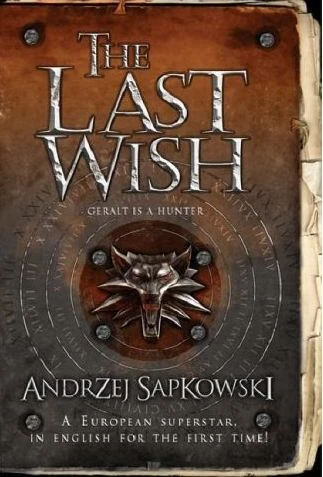Sure, @Engagerade and @RivenII , I can do that. ^_^
First and foremost I have this edition:

In spite of the misspellings, grammar mistakes and sometimes, the use of wrong words, Sapkowski's writing is so good that the voice of the translator couldn't bring this wonderful book down.
But of course, the latest versions probably have these mistakes corrected. Let's see if the fogler survived though. Not that I consider it a mistake. Fogler is better than foglet. ^_^
On page 116, in this edition, I quote from The Voice of Reason 4(that is when Geralt is talking to Iola about being a witcher):
"Some creature which lived to kill, out of hunger, for pleasure, or invoked by some sick will. A manticore, wyvern, fogler, aeschna, ilyocoris, chimera, leshy, vampire, ghoul, graveir, were-wolf, giant scorpion, striga, black annis, kikimora, vypper...so many I've killed."
The third creature he mentions is the observation I made. Fogler, not foglet. ^_^
@Marcin Momot
You listening devs? :
@Aes Sídhe
Care to chime in, friend?

First and foremost I have this edition:

In spite of the misspellings, grammar mistakes and sometimes, the use of wrong words, Sapkowski's writing is so good that the voice of the translator couldn't bring this wonderful book down.
But of course, the latest versions probably have these mistakes corrected. Let's see if the fogler survived though. Not that I consider it a mistake. Fogler is better than foglet. ^_^
On page 116, in this edition, I quote from The Voice of Reason 4(that is when Geralt is talking to Iola about being a witcher):
"Some creature which lived to kill, out of hunger, for pleasure, or invoked by some sick will. A manticore, wyvern, fogler, aeschna, ilyocoris, chimera, leshy, vampire, ghoul, graveir, were-wolf, giant scorpion, striga, black annis, kikimora, vypper...so many I've killed."
The third creature he mentions is the observation I made. Fogler, not foglet. ^_^
@Marcin Momot
You listening devs? :
@Aes Sídhe
Care to chime in, friend?

Last edited:









